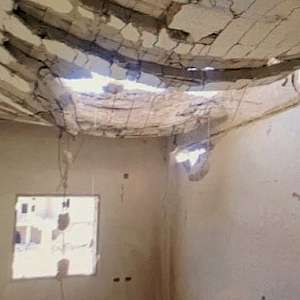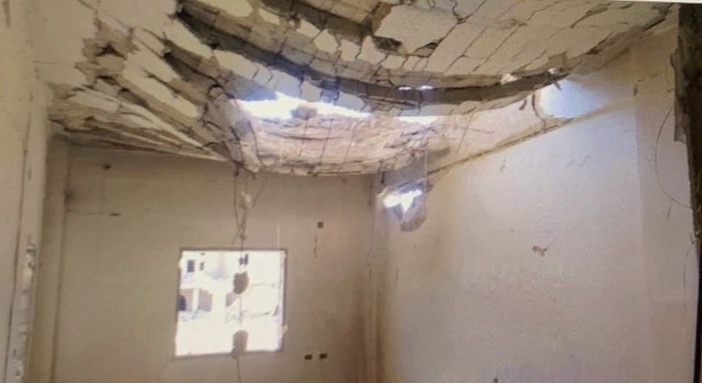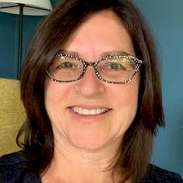
Amira
Amira, a Kurdish mother of seven speaks about her relationship to Syria:
"For us, we do not consider Syria as a home anymore. They destroyed and took our house and all our belongings. Our city was occupied by the Turkish and they occupied our house too. So, we do not think of going back to Syria and we do not want anybody to control our lives anymore. We think of staying and living here for the education and future of our children, and when we receive citizenship and if the situation becomes better than now and the war finishes, we might go to visit our parents and relatives and afterwards come back to Canada."

Individuals from some minority groups, such as Kurdish people, have been subject to control by multiple states and armed groups during the conflict in Syria. For a historical grounding in the Kurdish experience as 'one of the largest non-state nations in the world', click here
